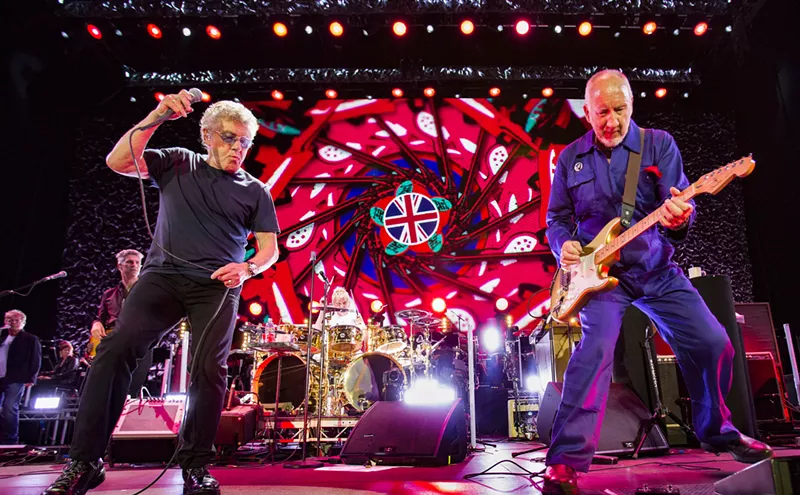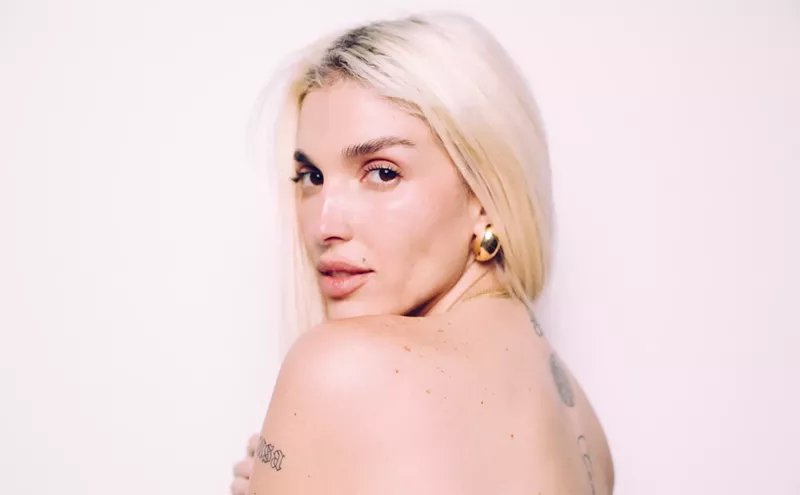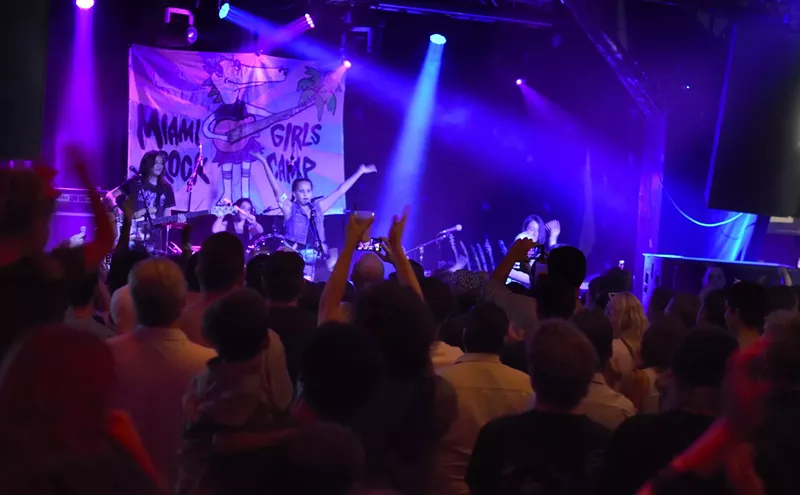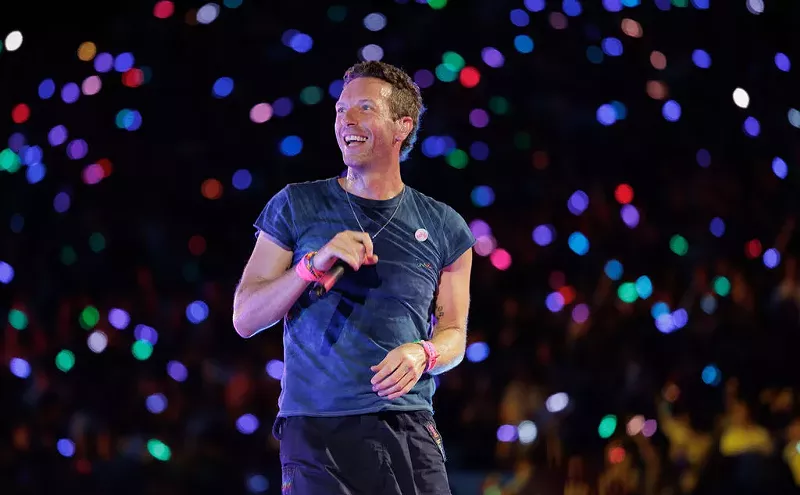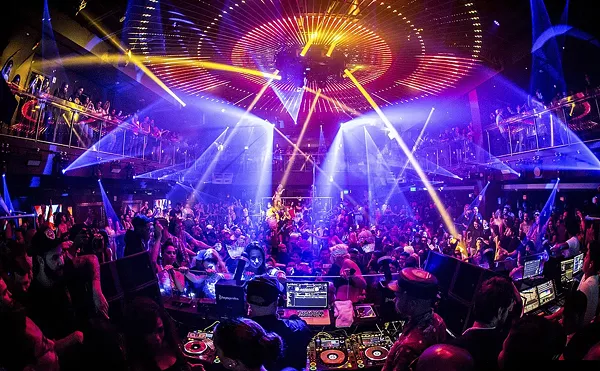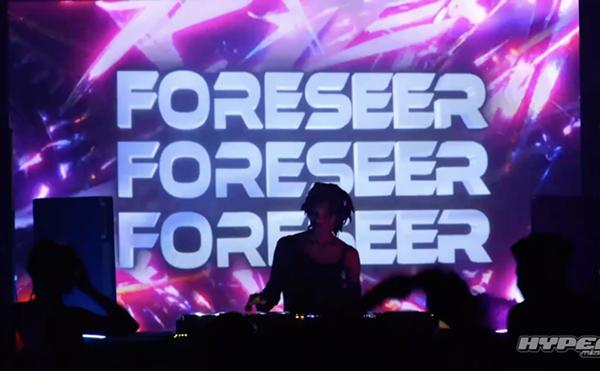When the cover art was revealed for Drake's second album, Take Care, the image of the rapper-singer looking mysteriously despondent while surrounded by gold-encrusted tchotchkes brought a fresh round of jokes about his penchant for looking mopey about his success.
"Yeah, I think people obviously have misconceptions about me, one being that I'm always emotional and depressed or whatever," Drake, born Aubrey Graham, says over drinks. "But that's a goal for me; I want to make connected music. I don't want to be a disconnected artist. My goal with this album was to tell more of the story. Instead of just being like, 'It is what it is, I'm rich now, and I got it,' I want to give more vivid details of this [journey] from anonymity to fame.
"Like my album cover — it's a young man surrounded by opulence, and you can tell by the hair and the beard that I'm immersed in some lifestyle. But often, my reflective moments are when I'm alone, and that's what this album came out of."
Drake grew up in the wealthy Forest Hill section of Toronto and has been living in the spotlight since 2001, when, at the age of 14, he debuted as the basketball-playing, wheelchair-bound Jimmy Brooks on the Canadian teen drama Degrassi: The Next Generation. In 2006, he released his first mixtape, Room for Improvement. And soon he joined Lil Wayne's Young Money crew.
By 2009, his third mixtape, So Far Gone, and an avalanche of high-profile cosigns had made him one of rap's elite stars, all before he had even signed a record deal. He has lived what could be called a charmed life, but he insists that experience doesn't set him apart.
"I think that even though it's specific to me, it resonates with a lot of individuals, that emotion of discussing triumph," Drake says. "Being regarded as one of the most popular rappers, you can relate it to anything in the world. The emotions are the same. When people dislike you, it feels the same; when you're having family problems, it feels the same."
Earlier this year, Jay-Z and Kanye West's Watch the Throne, which focused on millionaire navel-gazing in a season defined by economic hardship, faced criticism for being out of sync with the times. But Drake is not concerned that his own angst-ridden ruminations on the good life might hit a flat note with the 99 percent.
"I don't do it in an offensive, braggadocious way. I always have a balance in there that still makes me human to people," he says. "Like I say on this Mary J. Blige song ["Mr. Wrong," from Blige's forthcoming album, My Life II], 'There's way more people that want it than people that have it.' So you gotta keep that in mind, and even when I get my little swag off on different songs, I feel like I do it in a way [that] people still feel like they're listening to the underdog."
Drake still believes he's an underdog MC as well, and he made proving his skills a priority on Take Care. He has cited his fleet-tongued Young Money crony Nicki Minaj as one of the peers who made him want to step up his flow.
"All I care about is the words, man," Drake says. "We're in this era where people want to claim flows, claim they invented this, claim they started that. But with this album, I'm going to show these guys that I didn't just get here with one flow, and there's nobody who can tell me, 'You sound like this guy.' I think especially on this album's outro, 'The Ride,' I really get some bars off. I think that's gonna be the one that really solidifies it for rap fans."
Drake's regimen included avid study of the battle subculture, in which MCs face off against one another by spitting prewritten rhymes back and forth a cappella; it has thrived in recent years through leagues such as Grindtime and the Toronto-based King of the Dot. "What's the date today?" Drake asks excitedly when the subject is raised. "There's a huge battle coming up in Toronto, Dizaster vs. DNA... Dizaster is crazy!"
He watches battlers such as Hollow Da Don and the Saurus for inspiration when he's in the studio. But he would never step in the ring himself. "My dad is, like, some cool player from Memphis, and my mom is this kind Jewish lady," he explains. "I don't have it in me to be like, 'Grrrr!' or whatever. I'm too laid-back. I'll just stick to music."
Since reaching mainstream success, he has refused to take the bait whenever possible beefs have come up. But when pressed on the subject, he admits his nonengagement policy, given a worthy provocation, could have exceptions.
"To be honest with you, I coined the phrase Dis me, and you'll never hear a reply for it, so for me to go in would be silly," he notes. "But at the same time, I'm a competitive rapper. So I mean, nobody could ever take a direct shot at me, say my name or do a full song about me, and I sit idly by and take it. Unless it was wack, then I'd just be like, 'You sound stupid,' but if it was somebody with bars? I'm going back for sure."
The message Drake ultimately wants to send with Take Care: "Just that I kept my word that I'm getting better, that I haven't lost myself —," and he trails off, spotting someone across the restaurant. He goes into flirtation mode. "Oh, wow, that's a cute baby right there. What's up, boo? What's up, boo?"
The baby, sitting in a stroller, does not respond.
"She's too cool," he laughs. Shop talk resumes. "I think every time I do something, people are like, 'I don't know if this Drake is gonna be around.' I just want to prove that I'm keeping my word and getting better at music, and it's not ending anytime soon. I'm inspired by legends like Lil Wayne, Jay-Z, Outkast, Biggie, Pac — names that make me feel like a child when I hear them. So I'm not out to be the best rapper. I just want to be the best I can for my generation."
Sure, Drake is rich and famous. But homie is still human.



